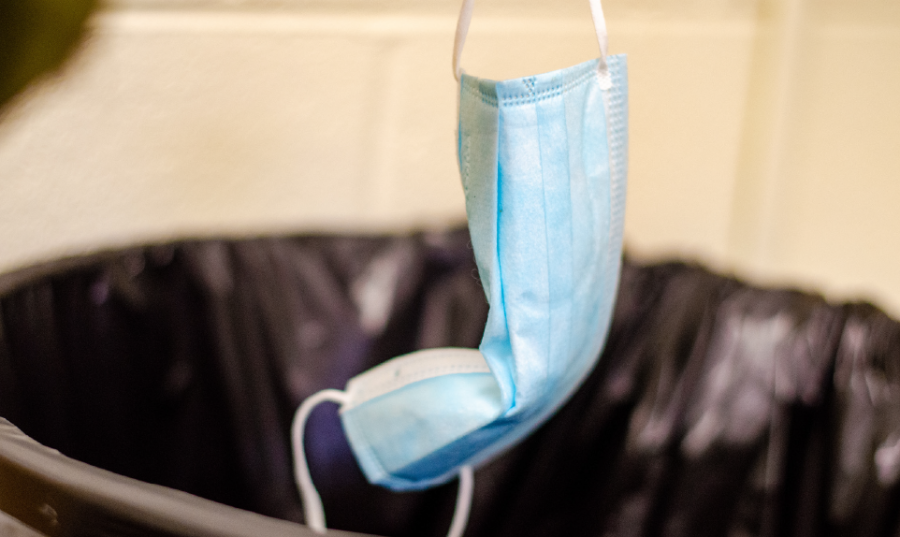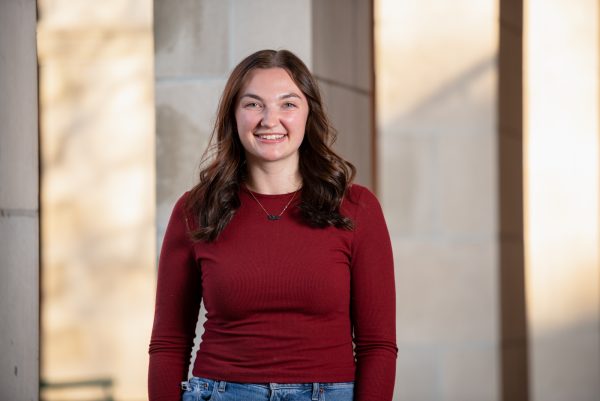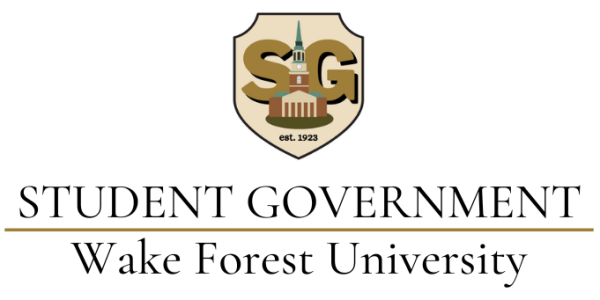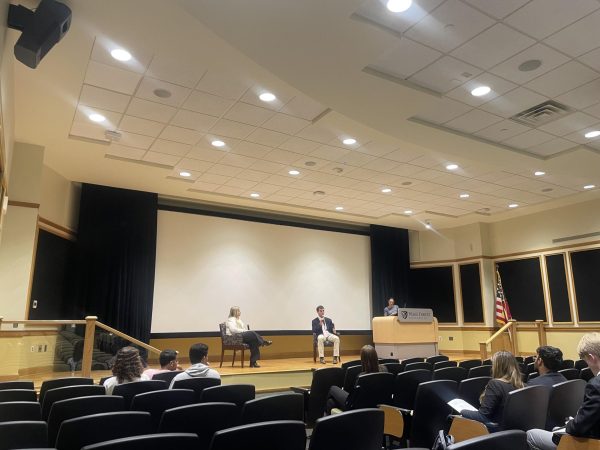Campus reacts to end of classroom masking
This week marks the first time students and faculty have been able to attend class without masks since 2020
After two years of wearing masks in classrooms, Wake Forest University students had the choice to attend their classes without a mask, starting March 21.
March 24, 2022
Monday, March 21, marked the first day that face masks were no longer required in Wake Forest classrooms since the beginning of the COVID-19 pandemic over two years ago. Since returning to in-person instruction in August 2020, students have been required to wear masks in all academic settings. This de-masking is part of a phasing out of COVID-19 mandates.
After leaving campus and completing the remainder of the semester online classes in the spring of 2020, students and staff returned to classrooms in a hybrid format in August 2020. A major reason why students were able to return to on-campus living and hybrid classes in 2020 was the implementation of the mask mandate in all indoor spaces.
This requirement had been enforced until March 5. As of March 19, students will only be required to wear face masks in healthcare facilities and on university transportation.
This new change spurred mixed emotions from students across campus. Junior Christopher Quiroz conveyed his anticipation for the changing requirements, despite his earlier apprehension.
“Originally, I was concerned because [masking] was what we were used to,” Quiroz said. “I am now looking forward to [the mask mandate] dropping. It does feel a little weird though.”
Freshman Ellie Howell was eager to demask in classroom settings.
“I think it is definitely time to start moving past COVID-19, so I am accepting that we are demasking,” Howell said. “I am grateful that we waited a little past spring break because everyone is coming back from traveling.”
While masks are no longer required in classrooms, individuals have the choice to continue to wear them. When asked if he would continue to wear masks indoors, Quiroz responded with a cautious approach.
“I’m not sure [if I will continue to wear masks],” Quiroz said.
He continued: “I might at first, but I would like to move away from it. I am thinking about having a gradual shift over the next week.
Faculty are also given the opportunity to request that their students continue to wear masks inside their classroom. Chair of the Classics Department Dr. Mary Pendergraft explained her decision to keep her and her students to remain masked.
“As I understand it, faculty members may request that their students wear masks but not require them,” Pendergraft said. “I have asked [my students] to wear masks and explained that we simply don’t know enough about one another to assume that no one will be at risk. I have students with chronic health issues; I know people who have children too young to be vaccinated, who are in the middle of chemotherapy.”
Philosophy professor Dr. Christian Miller plans to allow his students to choose whether or not they are comfortable de-masking in the classroom.
“I will not continue to require masks, as I will be following the university’s policy of making them optional,” Miller said. “Of course, I will completely support any students who prefer to keep wearing them, and I have stressed this point in class this week.”
Some academic departments are making decisions as a whole. Chair of the Mathematics and Statistics department Sarah Raynor described department-wide regulations.
“Our department has agreed that in any course where any one member of the course wants to mask, the course will be masked,” Raynor said. “I am currently polling my students and based on the results I will announce a decision over the weekend.”
As the Wake Forest community enters this new phase, many individuals expressed their belief in the benefits of de-masking. Miller explained multiple positive effects such as being heard clearly when teaching as well as seeing his students’ faces.
“It will be much more comfortable for me to teach without having my voice muffled, and I suspect I am not the only professor who feels this way,” Miller said. “Also, it will be great to see my students’ faces. There are some students who I have had in two classes already, and sadly, I don’t know what they look like.”
Other faculty members, such as English Department Chair Dr. Jessica Richard, expressed that a lack of masks in classroom settings would not be especially beneficial to an academic community.
“Because I don’t think that masking in the classroom was particularly detrimental to most, I don’t personally feel that unmasking would be especially beneficial,” Richard said.
More information about the current updates to COVID-19 policies can be found here.























